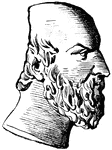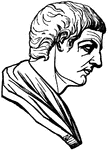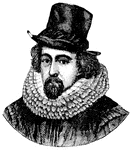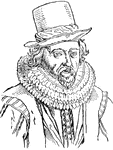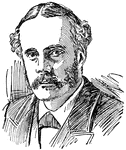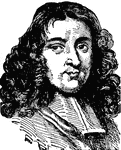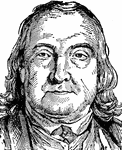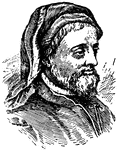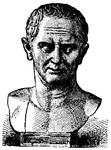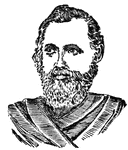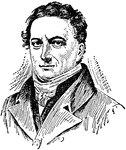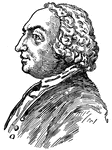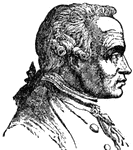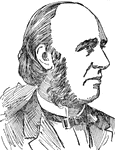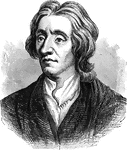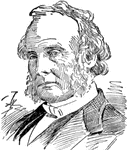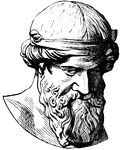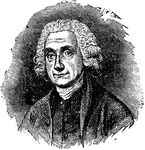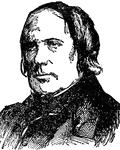
Marcus Aurelius Antoninus
"Marcus Aurelius Antoninus stands almost alone in the history of the world as a philosopher and philanthopist…
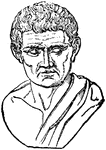
Aristotle
"Aristotle was born in 384 B.C., at Stagira, a seaport town of Chalcidice, whence he is frequeently…
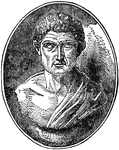
Aristotle
Aristotle was a Greek philosopher, a student of Plato and teacher of Alexander the Great. He wrote on…

Statue of Aristotle
Aristotle was a Greek philosopher, a student of Plato and teacher of Alexander the Great. He wrote on…
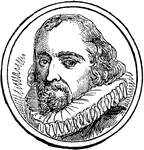
Lord Bacon
Francis Bacon, 1st Viscount St Alban KC QC (22 January 1561 – 9 April 1626) was an English philosopher,…
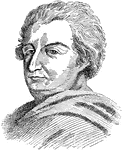
Beccaria
An Italian philosopher best known for his treatise On Crimes and Punishments, which condemned torture…
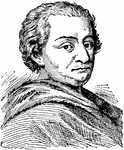
Marquis de Beccaria
(1738-1794) Marquis of Beccaria or Cesare, an Italian philosopher and politician best known for his…
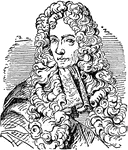
Robert Boyle
(1627-1691) An Irish natural philosopher noted for his physics and chemistry. Dr. Boyle was known for…
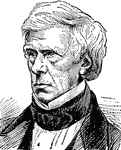
Lord Henry Brougham
(1778-1868) Lord Henry Peter Brougham, the first Baron Brougham and Vaux, was a British writer, scientist,…
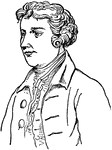
Edmund Burke
(1729-1797) An Anglo-Irish statesman, author, orator, political theorist, and philosopher, who served…
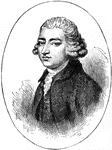
Edmund Burke
Edmund Burke (12 January 1729 – 9 July 1797) was an Irish statesman, author, orator, political…
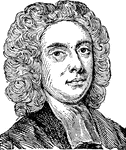
Bishop Joseph Butler
(1692-1752) Butler was an English bishop, theologian, apologist, and philosopher. He is most famous…
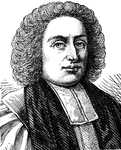
Bishop Joseph Butler
Joseph Butler (May 18, 1692 O.S. – June 16, 1752) was an English bishop, theologian, apologist, and…
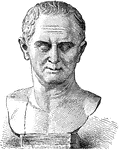
Marcus Tullius Cicero
Marcus Tullius Cicero (106-43 BC) was a Roman philosopher, statesman, and lawyer.
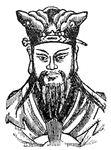
Confucius
(551 B.C.-478 B.C.) Confucius was a Chinese Philosopher and very involved in his community.
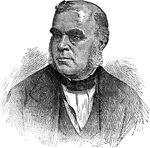
John William Draper
John William Draper (May 5, 1811, - January 4, 1882) was an American (English-born) scientist, philosopher,…
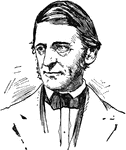
Ralph Waldo Emerson
Ralph Waldo Emerson (May 25, 1803 – April 27, 1882) was an American essayist, philosopher, poet,…

Epicurus
Epicurus was an ancient Greek philosopher and the founder of the school of philosophy called Epicureanism.…
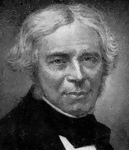
Michael Faraday
(1791-1867) British scientist, chemist, physicist, and philosopher who greatly contributed to the fields…
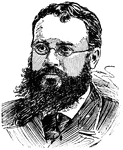
John Fiske
(1842-1901) Historian and philosopher who lectured across America lecturing on scientific, philosophic,…
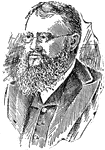
John Fiske
(1842-1901) American historian, lecturer, and philosopher who helped make ideas of great thinkers better…
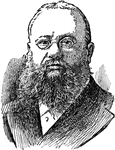
John Fiske
John Fiske (1842 - 1901), born Edmund Fisk Green, was an American philosopher and historian.
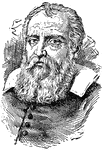
Galileo Galilei
(1564-1642) Italian physicist, mathematician, astronomer, and philosopher who was one of the great creators…
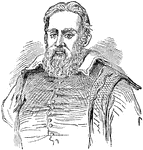
Galileo Galilei
Galileo Galilei (15 February 1564 - 8 January 1642) was a Tuscan (Italian) physicist, mathematician,…
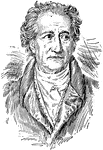
Johann Wolfgang von Goethe
"(1749-1832), the greatest figure in German literature, a dramatist, lyric poet, novelist and philosopher."…

Greek philosophers
"Greek Philosophy, which reached its highest excellence in Athens in the fourth century before Christ,…
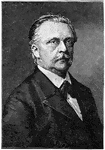
Hermann von Helmholtz
Hermann Ludwig Ferdinand von Helmholtz (August 31, 1821 – September 8, 1894) was a German physician…
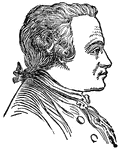
Immanuel Kant
A German philosopher and scientist. Kant is generally considered one of the greatest and most influential…
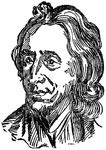
John Locke
A 17th-century English philosopher. He developed the Lockean social contract, which included the ideas…
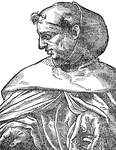
Albertus Magnus
Albertus Magnus was also known as Albert of Cologne and Saint Albert the Great. Magnus was a great German…
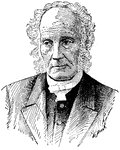
James McCosh
James McCosh (April 1, 1811–November 16, 1894) was a prominent philosopher of the Scottish School…
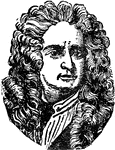
Sir Isaac Newton
Philosopher and mathematician, born at Woolsthorpe, England, Dec. 25, 1642; died March 20, 1727.
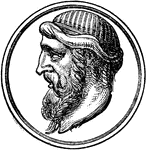
Plato
An illustration of Plato, a Classical Greek philosopher, who, together with his mentor, Socrates, and…
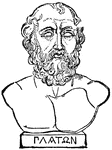
Bust of Plato
"Plato was born in Athens in 429 B.C., the year in which Pericles died. His first literary attempts…
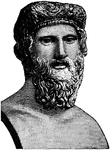
Bust of Plato
Plato was a Classical Greek philosopher, mathematician, writer of philosophical dialogues, and founder…
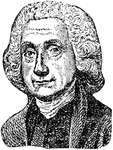
Joseph Priestley
an English chemist, philosopher, dissenting clergyman, and educator. He is known for his investigations…
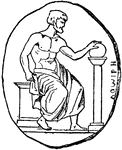
Pythagoras
The celebrated Greek philosopher, was born in Samos, probably about 580-570 B.C. He was the son of Mnesarchus,…
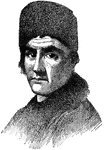
Jean Jacques Rousseau
A philosopher whose ideas influenced the French Revolution and the American Revolution.
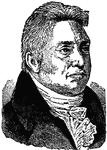
Samual Taylor Coleridge
Samuel Taylor Coleridge (1772-1834), an English poet, philosopher, and critic.
